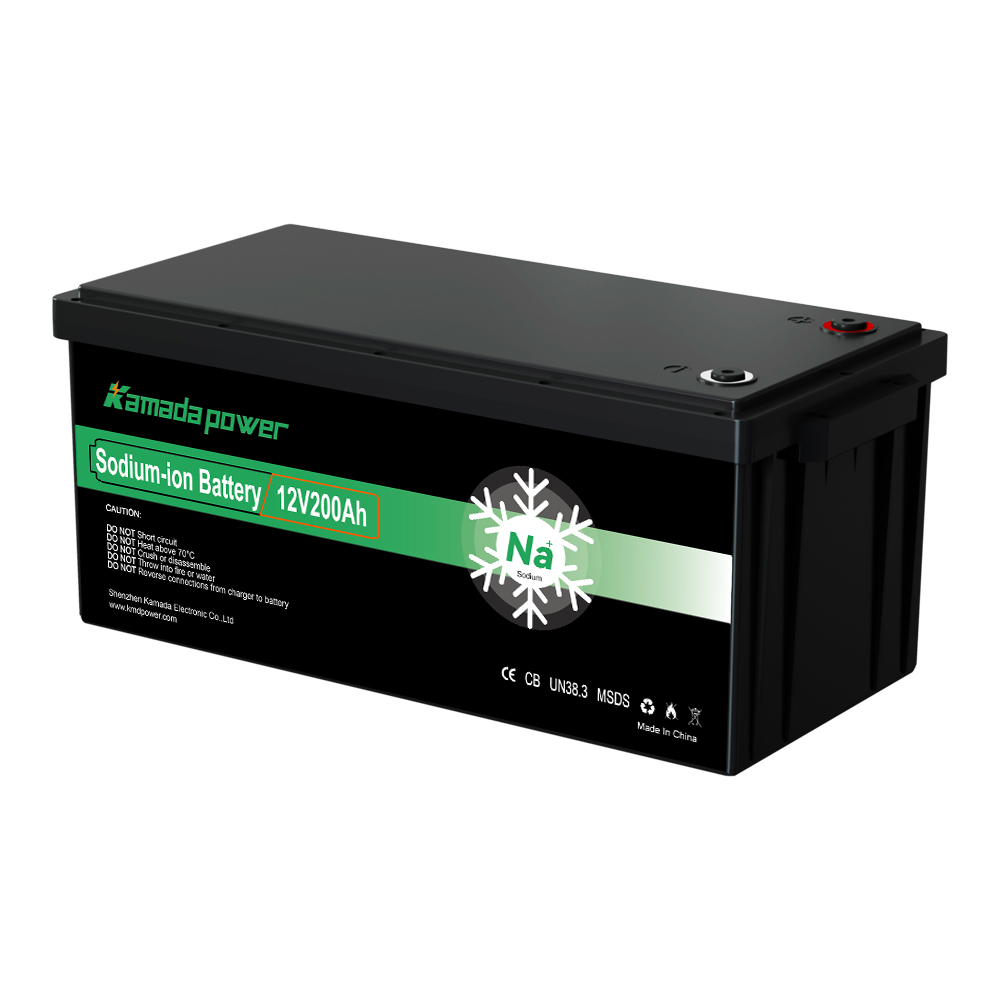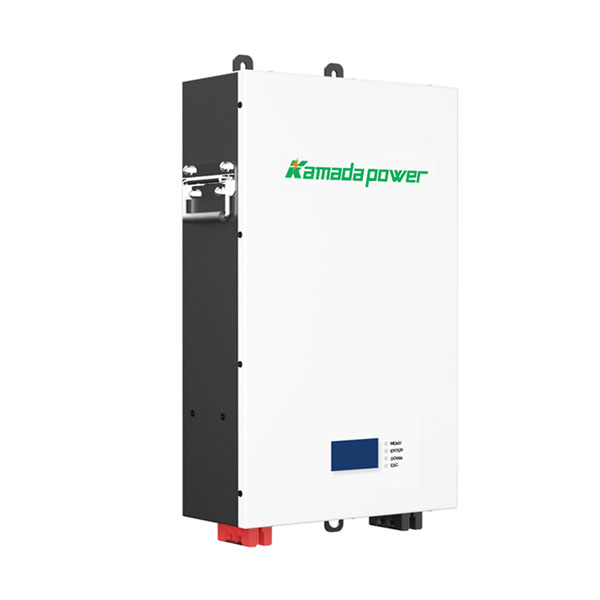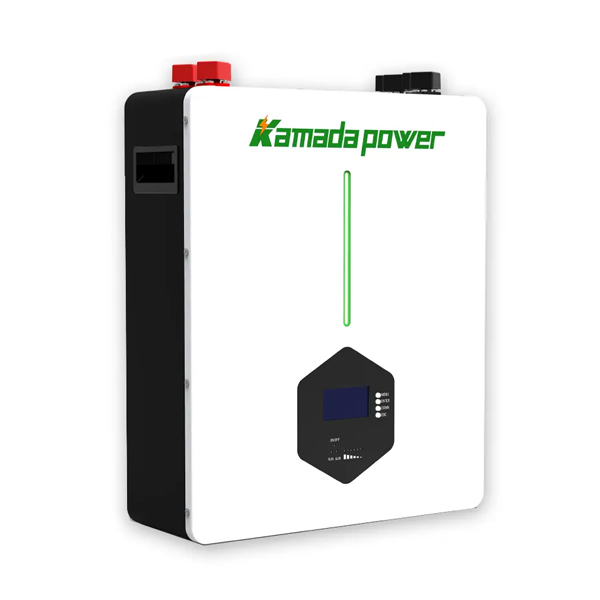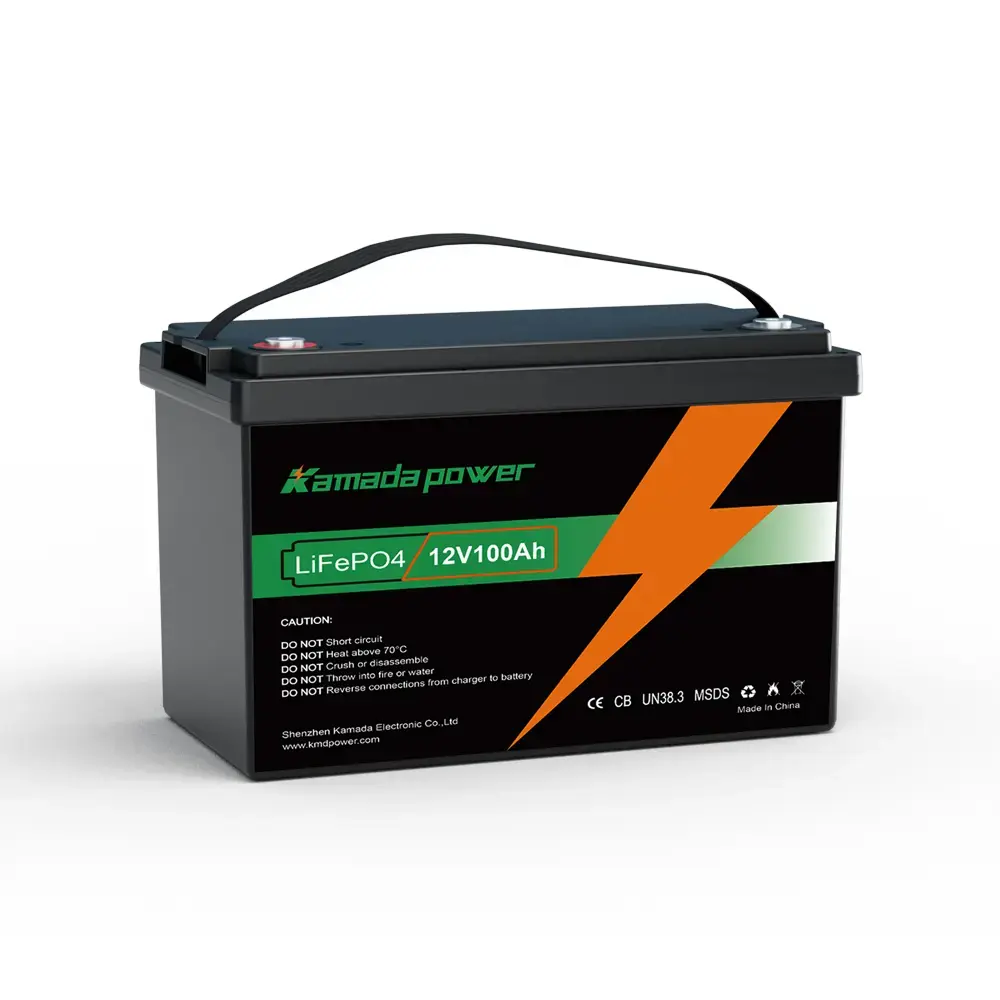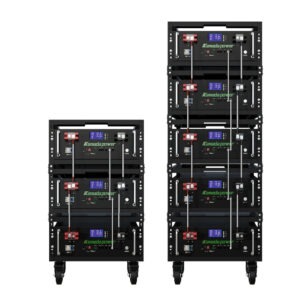Best Lithium Battery in South Africa: Considerations. In the South African energy storage sector, choosing the right lithium battery is crucial to ensuring uninterrupted power supply. This comprehensive guide explores the key factors that should influence your choice.
The Best Lithium Battery Chemistry
Types of Lithium Batteries
The South African market offers various types of lithium batteries, each with its unique chemical composition and performance characteristics:
- LiFePO4: Praised for its safety, stability, and longer lifespan.
- NMC: Known for its high energy density and cost-effectiveness.
- LCO: Particularly suited for high discharge applications due to its high power density.
- LMO: Known for its thermal stability and low internal resistance.
- NCA: Offers a combination of high energy density and stability, but may have poorer durability.
LiFePO4 vs NMC vs LCO vs LMO vs NCA Comparison
To make informed decisions, understanding the safety, stability, and performance of each battery type is crucial:
| Battery Type | Safety | Stability | Performance | Lifespan |
|---|---|---|---|---|
| LiFePO4 | High | High | Excellent | 2000+ cycles |
| NMC | Medium | Medium | Good | 1000-1500 cycles |
| LCO | Low | Medium | Excellent | 500-1000 cycles |
| LMO | High | High | Good | 1500-2000 cycles |
| NCA | Medium | Low | Excellent | 1000-1500 cycles |
Preferred Choice: Due to its excellent safety, stability, and lifespan, LiFePO4 emerges as the best choice.
Choosing the Right Lithium Battery Size for Your Needs
Factors Influencing Battery Size Selection
The battery size should match your specific power and backup requirements:
- Power Requirements: Calculate the total wattage you intend to power during outages.
- Duration: Consider factors like weather conditions and load variations to determine the required backup time.
Practical Examples
- A 5kWh LiFePO4 battery can power a fridge (150W), lights (100W), and TV (50W) for approximately 20 hours.
- A 10kWh battery can extend this to 40 hours under similar load conditions.
Recommended Lithium Battery Sizes: Examples
- Solar Home Energy Storage System
Requirement: Need to store solar energy for household use, especially during nighttime or cloudy days.
Recommendation: Opt for high-capacity, long-lasting batteries, like a 12V 300Ah lithium battery. - Wildlife Conservation Camera in Africa
Requirement: Need to provide extended power for cameras in remote areas.
Recommendation: Choose durable, waterproof batteries, such as a 24V 50Ah lithium battery. - Portable Medical Devices
Requirement: Need to provide stable power for outdoor or resource-limited areas.
Recommendation: Opt for lightweight, high-safety batteries, like a 12V 20Ah medical lithium battery. - Rural Water Pump Systems
Requirement: Need to provide continuous power for agriculture or drinking water.
Recommendation: Select high-capacity, durable batteries, like a 36V 100Ah agricultural lithium battery. - Vehicle Refrigeration and Air Conditioning
Requirement: Need to keep food and drinks refrigerated during long trips or camping.
Recommendation: Choose batteries with high energy density and good low-temperature stability, like a 12V 60Ah automotive lithium battery.
Lithium Battery Cell Quality
Choosing A-grade quality 15-core lithium battery cells offers significant value and advantages to users, supported by objective data, addressing several key issues:
- Extended Lifespan: A-grade quality implies longer cycle life of battery cells. For instance, these cells can provide up to 2000 charging cycles, reducing the frequency of battery replacements, saving costs and hassle for users.
- Improved Safety: A-grade batteries typically meet higher safety standards and technologies. For example, they might feature overcharge protection, temperature regulation, and short-circuit prevention, boasting a failure rate of less than 0.01%.
- Stable Performance: High-quality battery cells offer consistent performance. They maintain continuous power output under both high and low loads, with discharge consistency exceeding 98%.
- Fast Charging: A-grade batteries usually have higher charging efficiency. They can recharge to 80% capacity in 30 minutes, allowing users to resume normal usage faster.
- Environmentally Friendly: High-quality battery designs are typically more eco-friendly. They utilize more sustainable materials and manufacturing processes, reducing the carbon footprint by 30% compared to low-quality batteries.
- Lower Failure Rate: A-grade quality batteries generally have a lower failure rate, reducing the likelihood of equipment downtime and maintenance due to battery failures. Compared to the industry average, their failure rate is less than 1%.
In summary, choosing A-grade quality 15-core lithium battery cells not only offers better performance and safety but also helps users reduce operational costs, minimize failure risks, thus providing a superior user experience and more sustainable investment returns.
Warranty Period of Lithium Batteries
The warranty period of a battery serves as an indicator of its quality, reliability, and expected lifespan:
- Quality Indicator: A longer warranty period is usually associated with higher construction quality and longer lifespan.
- Lifespan Assurance: A 5-year warranty period can provide users with long-term peace of mind and significant cost savings.
Environmental Impact and Sustainability of Lithium Batteries
Every battery contains chemicals and metals that can have adverse environmental impacts, emphasizing the importance of assessing the environmental impact of lithium and lead-acid batteries.
While lithium mining does present environmental challenges, the manufacturing process of lithium batteries is relatively more eco-friendly, utilizing naturally occurring lithium and metal alloys.
Moreover, the growing demand for lithium-ion batteries has prompted manufacturers to intensify efforts to reduce their environmental footprint. Key initiatives include:
- Recycling batteries at the end of their lifespan instead of discarding them.
- Utilizing recycled batteries to develop alternative and sustainable energy sources, like solar energy, enhancing their accessibility and affordability.
Kamada Lithium Battery embody a commitment to sustainability. Our batteries are cost-effective and eco-friendly LiFePO4 batteries repurposed from electric vehicles.
As energy storage solutions, they are ideal for storing solar energy, making sustainable energy a viable and cost-effective choice for South African households and commercial applications.
Ensuring Safety with Lithium-Ion Batteries
Safety Comparison between Lithium-Ion and Lead-Acid Batteries
| Safety Feature | Lithium-Ion Battery | Lead-Acid Battery (SLA) |
|---|---|---|
| Leakage | None | Possible |
| Emissions | Low | Medium |
| Overheating | Rarely Occurs | Common |
When selecting batteries for home or business static energy storage, prioritizing safety is paramount.
It is crucial to recognize that while all batteries contain potentially harmful materials, comparing different battery types to determine the safest option is essential.
Lithium batteries are widely recognized for their superior safety, with lower risks of leakage and emissions compared to lead-acid batteries.
Lead-acid batteries must be installed upright to prevent potential venting issues. While the design of sealed lead-ac
id (SLA) batteries is intended to prevent leakage, some venting is necessary to release residual gases.
In contrast, lithium batteries are individually sealed and do not leak. They can be installed in any orientation without safety concerns.
Due to their unique chemical properties, lithium batteries are less prone to overheating. Compared to lead-acid batteries, lithium batteries offer a lightweight, safe, reliable, and maintenance-free solution for energy storage.
Lithium Battery Management System (BMS)
For any lithium battery configuration, a Battery Management System (BMS) is crucial. It not only ensures safe management of the battery to maintain its performance and lifespan but also provides users with reliability and operational convenience.
Core Functions and User Value of BMS
Individual Battery Cell Control
BMS regulates each individual battery cell, ensuring they remain balanced during charging and discharging processes to enhance overall battery efficiency and lifespan.
Temperature and Voltage Monitoring
BMS continuously measures the temperature and voltage of the battery in real-time to prevent overheating and overcharging, thereby increasing safety and stability.
State of Charge (SoC) Management
BMS manages the calculation of the state of charge (SoC), allowing users to accurately estimate the remaining battery capacity and make charging and discharging decisions as needed.
Communication with External Devices
BMS can communicate with external devices, such as solar inverters or smart home systems, enabling smarter and more efficient energy management.
Fault Detection and Safety Protection
If any battery cell experiences issues, the BMS will immediately detect it and shut down the entire battery pack to prevent potential safety risks and damage.
User Value of Lithium Battery BMS
All Kamada Power lithium battery products come equipped with built-in Battery Management Systems, meaning your batteries benefit from the most advanced safety and performance management. For certain battery models, Kamada Power also offers a convenient Bluetooth APP for monitoring total voltage, remaining capacity, temperature, and time remaining before full discharge.
This highly integrated management system not only ensures long-term reliability and performance optimization of the batteries but also provides real-time performance monitoring and safety protection, making Kamada Power batteries the best choice for Best Lithium Battery in South Africa.
Conclusion
Choosing the best lithium battery tailored to South Africa is a multifaceted decision that requires careful consideration of factors such as chemical properties, size, quality, warranty period, environmental impact, safety, and battery management.
Kamada Power lithium batteries excel in all these areas, offering unparalleled reliability, efficiency, and sustainability. Kamada Power is your best lithium battery supplier in South Africa, providing customized lithium battery solutions for your energy storage needs.
Looking for Best Lithium Battery in South Africa and lithium battery wholesalers and custom lithium battery manufacturers in South Africa? Please contact Kamada Power.


